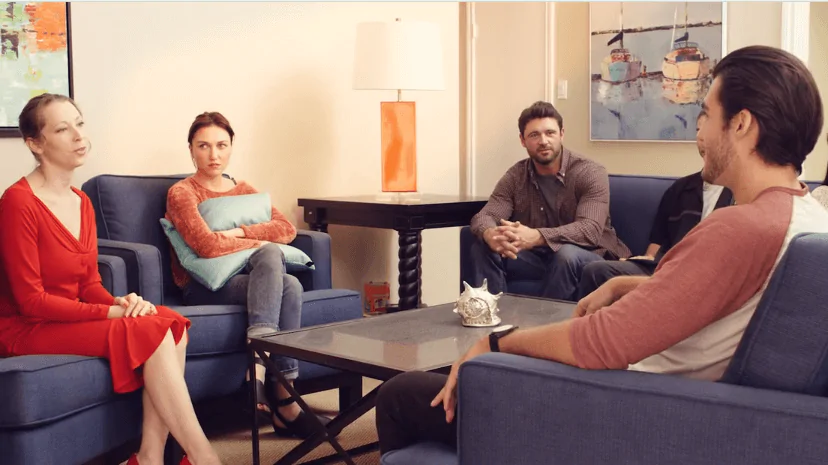24/7 Helpline:
(866) 899-221924/7 Helpline:
(866) 899-2219
Learn more about PTSD Treatment centers in Trenton
PTSD Treatment in Other Cities

Other Insurance Options

Anthem

Amerigroup

United Health Care

Cigna

Health Choice

BHS | Behavioral Health Systems

Regence

WellCare Health Plans

Evernorth

GEHA

WellPoint

American Behavioral

Choice Care Network

CareSource

Group Health Incorporated

AllWell

Kaiser Permanente

Horizon Healthcare Service

EmblemHealth

Molina Healthcare












